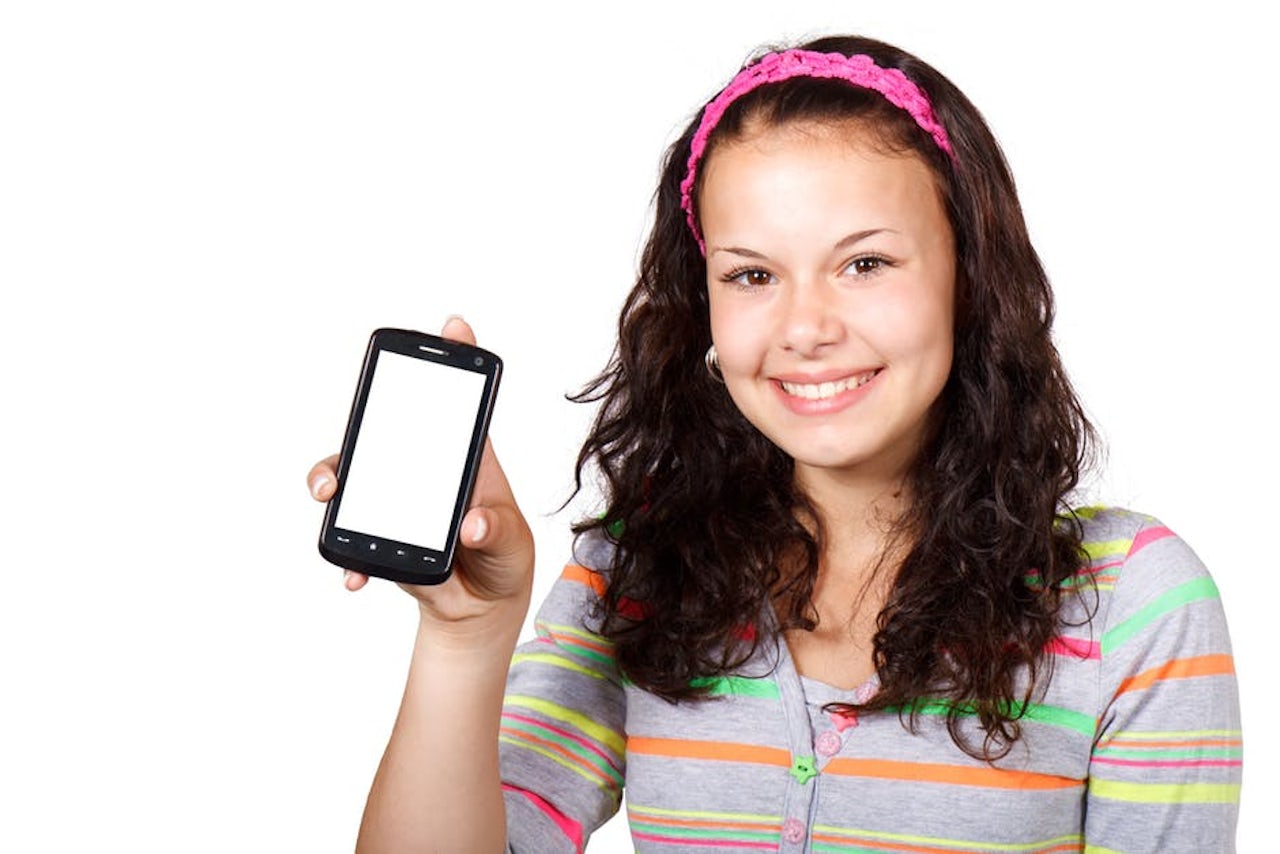“Are you sexually active? Do you drink? Smoke? How much time do you spend on social media each day?”
This could be a very real exchange happening in pediatrician offices very soon. In an editorial published this month in the American Academy of Pediatrics journal Pediatrics, a group of pediatricians argue that “aberrant and/or excessive social media usage” may contribute to depression and mental health issues. Therefore, social media use should be considered a public health issue for teens, and it should be screened for during doctor visits.
Here we go again.
Since the advent of social media, experts and non-experts alike have expressed concern for how it affects the mental lives of teens. Now, this social media use fear-mongering is spreading to the doctor’s office.
Here’s the problem: there’s no conclusive medical evidence that social media use is a useful metric for medical or mental profiles. More to the point, after almost two decades since social media platforms began to proliferate, there’s still no evidence that they cause mental health problems in young people.
While there’s some evidence that social media use is correlated with depression, anxiety, and feelings of isolation — yes, I’m sorry, I have to say it — correlation isn’t the same thing as causation. The data about teen happiness over the past several decades shows no demonstrable difference.
Some people go so far as to argue that excessive social media use and internet use are forms of addiction — even though neither of these are formal, recognized medical conditions. Even the Center for Internet Addiction recognizes on its website that social media and internet addiction aren’t technically medically legitimate.
In fact, there’s actually evidence that social media use can have a positive effect on the mental health of teens. As argued by Danah Boyd in "It’s Complicated: the Social Lives of Networked Teens," social media provides a public commons, of sorts, to young people who still have limited freedom in their daily lives. They’re still under their parents’ roofs. But teens can demonstrate some agency by communicating with friends and exploring niche interests using the social media platforms that older adults insist are unhealthy.
“[Social media] enables youth to create a cool space without physically transporting themselves anywhere,” Boyd writes. “And because of a variety of social and cultural factors, social media has become an important public space where teens can gather and socialize broadly with peers in an informal way. Teens are looking for a place of their own to make sense of the world beyond their bedrooms.”
And all things considered, older adults are heavy users of the social media platforms that they decry for teens. Pew Research Center recently found that 79 percent of 30 to 49 year-olds and 64 percent of 50 to 64 year-olds use social media.
Among people between 18 and 29 years old, social media use is predictably higher (88 percent use social media). But keep in mind, most people under 30 were born and raised with social media access. It’s natural that they would be avid users of tools that have always been available to them.
Arguments like that of the American Academy of Pediatrics are not isolated cases. Jean Twenge, a psychology professor at San Diego State University, wrote a piece for The Atlantic titled, “Have Smartphones Destroyed a Generation?” asserting that people born in 1995 or later are hooked on social media, that it makes them isolated and depressed, and that this phenomena should be considered a mental health crisis.
“The effect of screen activities is unmistakable,” Twenge writes. “The more time teens spend looking at screens, the more likely they are to report symptoms of depression.”
If the premise for this argument was true, it would make sense for pediatricians to screen for social media use during check-ups. But Twenge’s argument was heavily criticized by her peers. Vicky Rideout, a social science researcher interested in the relationship between technology and young people, wrote in a blog post that she disagreed with the premise for this article entirely.
“The suggestion that getting teens to put down their phones would have a meaningful effect on this mental health challenge is overly simplistic,” Rideout wrote. “Indeed, it could serve as a dangerous distraction from the hard work that needs to happen in adolescent mental health.
Similarly, Lisa Guernsey argued in Slate that adults’ intense fear that social media is destroying their teens comes from a natural place of concern and protectiveness for their children. But that doesn’t make fear-mongering useful or okay.
“The rise of new media norms, combined with modern society’s attempts to understand depression, may be leading us down some unproductive paths,” Guernsey wrote. “Finding a [solution] will require keeping a level head about the limitations of the research. But it may also mean really talking to our teens.”
Yes, the prospect of teens growing up with social media and the internet can be scary for adults who didn’t grow up that way. Generally speaking, pediatricians and parents just want the best possible future for the world’s youngest generation. But this generation wasn’t given the choice to opt-in. The prospect of pediatricians instilling guilt and fear among teens for using very normal resources they didn’t really have a choice about using is troubling, and it increases the risk of pediatricians missing the real root of what drives mental health issues in young people.
